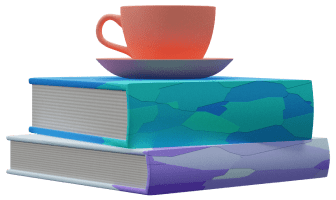Overview
The Swift engine supports several variants:
- Basic: Generates models as struct/class with Codable conformance.
- Realm: Generates Realm models ready for storage using Realm Database.
- Core Data: Generates Core Data models including the
xcdatamodelfile.
Xcode Project File
Unlike other IDEs, adding a new directory/file to your project path won't automatically add it to an Xcode project. Xcode project file keeps track of all the added files, so you need to manually manage files in your Xcode project. Because of this behavior, you should always re-add the target directory (the one where the Swift OneGen models get generated in) as a model could have been added/removed/renamed.
Data Types
Standard
| Design | Swift |
|---|---|
| bool | Bool |
| int | Int |
| int8 | Int8 |
| int16 | Int32 |
| int32 | Int32 |
| int64 | Int64 |
| uint | UInt |
| uint8 | UInt8 |
| uint16 | UInt32 |
| uint32 | UInt32 |
| uint64 | UInt64 |
| float | Float |
| double | Double |
| string | String |
| char | String |
| byte | UInt8 |
| bytea | Data |
| date | Date |
| datetime | Date |
Complex
| Name | Swift Type |
|---|---|
| Array | Array, e.g. [Int] |
| Map | Dictionary, e.g. [String:Int] |
Date Formatting
Since OneGen's raw date/time representation is the ISO 8601 as described here, you need to set the decoding/encoding strategy to ISO 8601 as shown below.
JSON Decoding
let decoder = JSONDecoder()
decoder.dateDecodingStrategy = .iso8601
JSON Encoding
let encoder = JSONEncoder()
encoder.dateEncodingStrategy = .iso8601
Limitations of Open Access Level
If you set open access level, you may encounter that some models get generated with public access level instead. That's because swift doesn't allow to mark open the following:
- Enums can't be marked open.
- Static Methods: Used for static validation methods
- Convenience Constructor: Used for Core Data's Codable conformance
- Typealias: Used for a nested entities in Core Data and Realm frameworks as nested entities need to be flattened
Nested Entities
Nested classes/enums is a feature that Swift supports just fine. When it comes to storage, it's another story. It's not very typical to store nested entities, the database design is usually flat, thus neither Realm or Core Data support it.
OneGen's solution to this problem is flattening the nested entities. We basically take a nested entity, move it out of its parent class(es) and rename it by prepending the parent(s)'s names.
Example
class Animal {
class Dog {
}
}
OneGen would flatten the Dog entity like this:
class AnimalDog {
}
class Animal {
// Notice this convenient alias
typealias Dog = AnimalDog
}
See the typealias? OneGen leaves a typealias behind, so you can still access
the Dog as if it were nested:
let myDog = Animal.Dog() // works!
